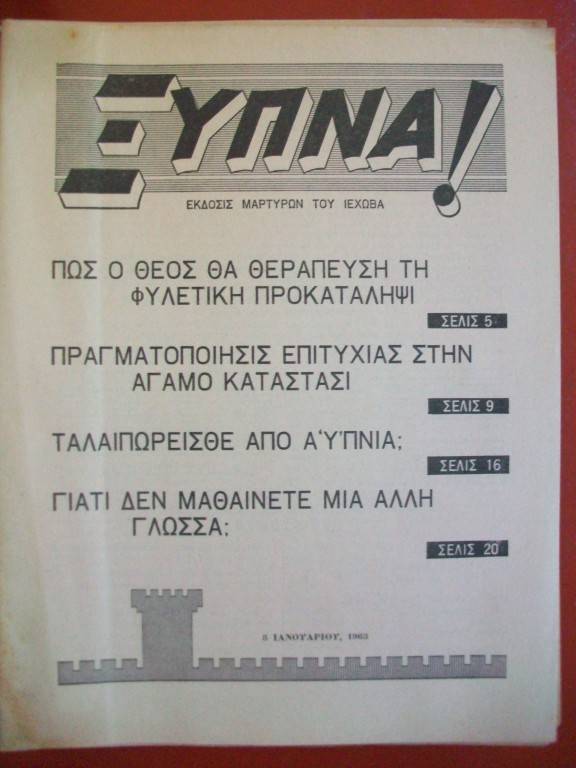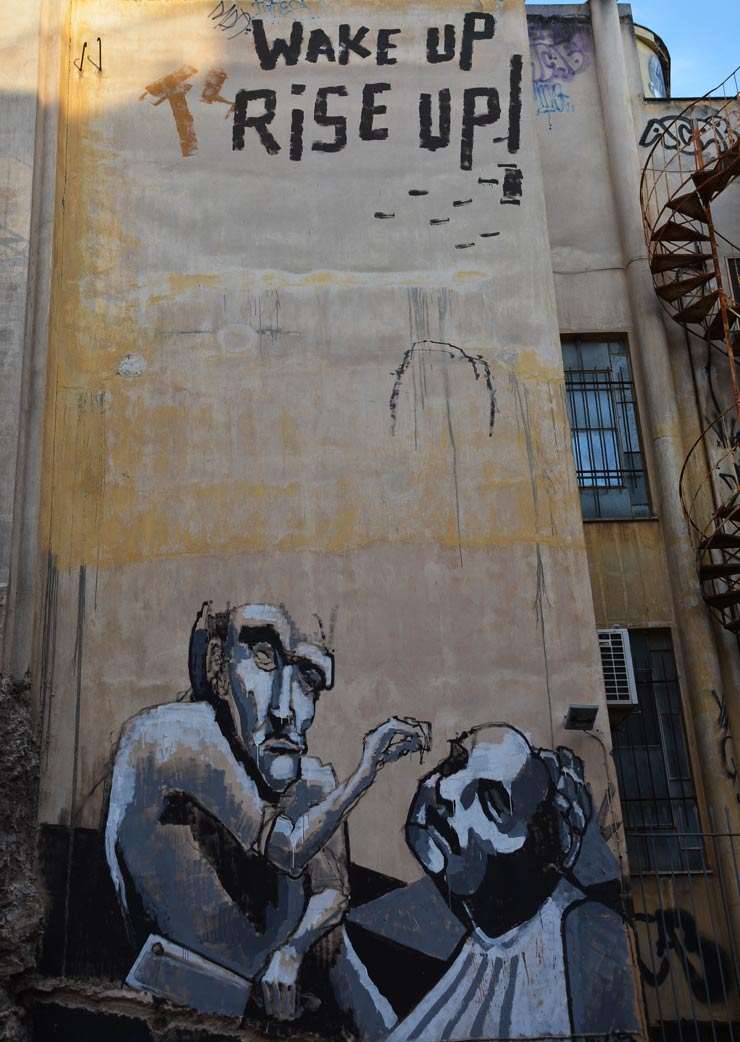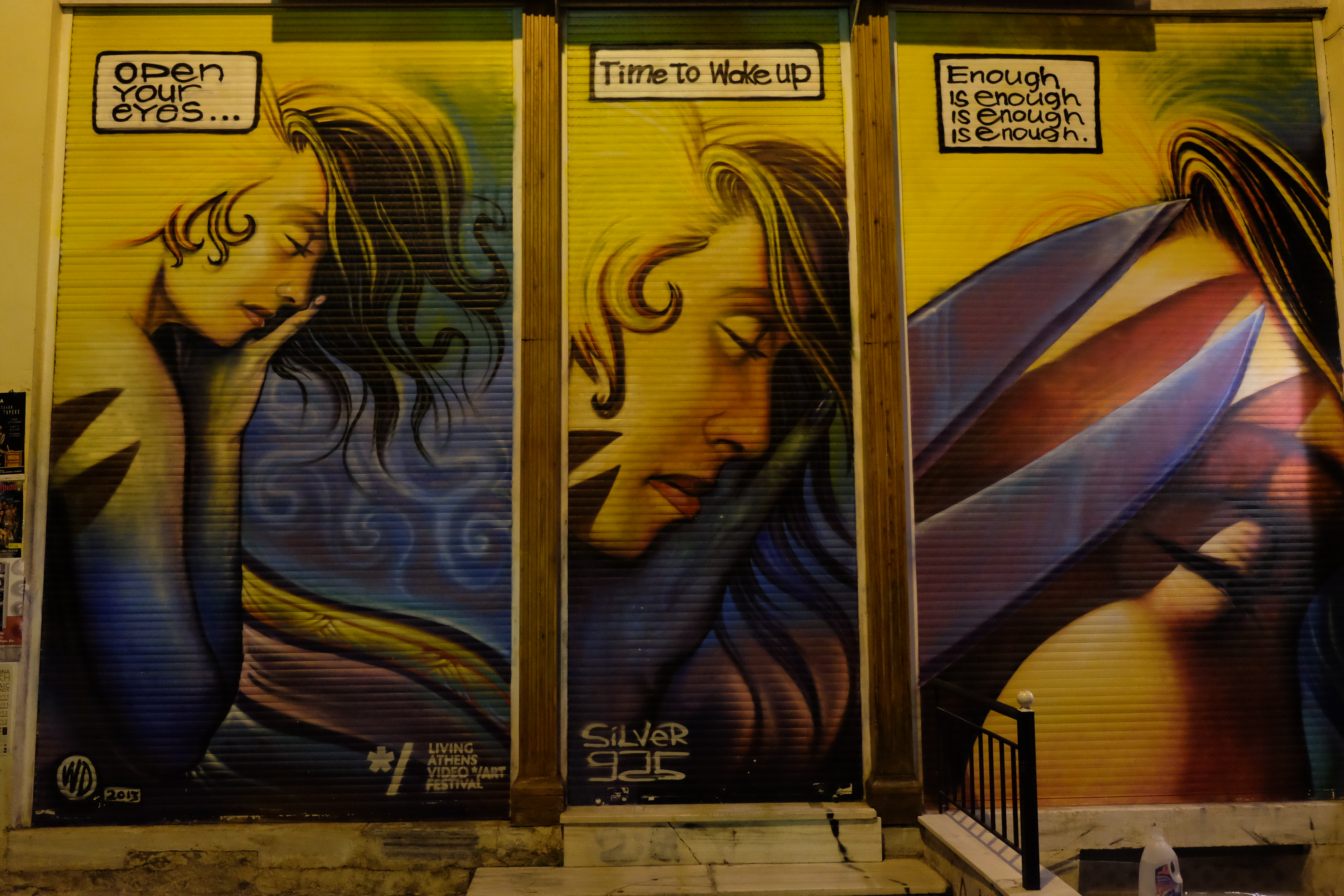
Learn ANY Language: A Practical Guide to Learn Any Language to Any Level of Fluency by Janina Klimas
My rating: 4 of 5 stars
25/01/2018 EDIT: I’m adding in the summary of the book’s action steps in the words of the author:
The first step, is to review all of the action steps. They are compiled here for easy reference:
1. Throw away everything you ever thought you knew about learning languages. You don’t have to be perfect. You don’t have to spend half your life trying to study a language. You don’t have to be Doctor/Professor/ Genius insert-your-last-name. You don’t have to have a million dollars, pounds, euros, yuan, yen or whatever, to attain these skills.
2. You don’t have to speak perfectly. You can make lots of mistakes and still be understood. You do have to have a willingness to understand how to learn languages and how to apply it, in order to meet your goals in your language.
3. On the matter of language learning in schools, please contact school districts and write your political leaders. In many school language programs, the traditional paradigm sets up students and teachers for failure. Unless people have the correct knowledge and materials to set up a program that assesses students all the way through, from beginning to advanced, and provides a long enough time sequence to be able to do so, languages in school are going to continue to not be a great experience for most people.
4. Be informed as you approach materials for the independent study of languages. I know I called out a few language programs but the truth is, I think any exposure you get is great. I also think a lot of the programs – particularly audiobook-type programs – are fantastic to learn useful words and phrases. You can listen if you’re going for a walk, cleaning the house or in the car. While they can be a useful way to pick up words and phrases, you need to be realistic. You need to be informed about how much input you will actually get, in order for them to be effective.
5. Decide what your idea of fluency is. What’s going to work for you? What’s going to work in your life? How much time do you have to dedicate to this endeavor? Do you want to go on a trip to Italy? In that case, maybe you can stay toward the upper bubbles. Do you want to move to China and fit in with the locals? Then you need to be way more advanced.
6. You need to decide where you want to be. After you’ve made those decisions, you need to learn about the amount of time it’s going to take to get to your goal, in your specific language. You also need to figure out how you’re going to get there with the time you have.
I was sent this book in digital format in exchange for an honest review. It took me more than a year to actually get down to it and finishing it. Sorry about that, JK.
What I enjoyed about this book was that it got me really motivated to actually communicate in different languages. The criticism on the different kinds of school systems sounded familiar, and the realisation that I’m not even communicating in my supposed mother tongues perfectly, let alone that I wasn’t born a native speaker in them and that I had to go through the long process of becoming one, did strike home. I loved how far she went to get across that no-one expects us to be perfect when we’re learning a foreign language, and that errors should be taken advantage of, not feared. “There is no failure, only feedback” truly is the golden rule here, as with anything.
I don’t believe this book is just for absolute beginners or people who haven’t ever learned foreign languages–I was able to get something out of it even with plenty of experience in languages. I see Learn ANY Language as more of a collection of resources and unique methods that can greatly expand your concept of what learning a language actually has to entail. I’ve been getting creative with learning or improving my working languages (mainly English, Spanish, German and to a lesser extent Bulgarian and Danish) for some time now by using podcasts, conversation exchange/tandem meetings, movies, video games, Memrise, Language Transfer incl. others, but Mrs. Klimas broadened my already airy horizons even more, and I’m thankful for it.
I also enjoyed learning about language skill assessment, the learning process and the practicalities of which parts of the traditional learning systems really work and which don’t, which is always a topic that fascinates me—just imagine how different things could really be…
Admittedly, I didn’t like some of the assumptions she made, e.g. that as a reader of the book I must be an L1 English speaker, for example, or that learners should spend some years working with specific structures before getting into more advanced ones, e.g. spending 1-2 years without being properly taught the past tenses or other ways to formulate the past in the given language. Judging by how much time people tend to devote to talking about the past, that sounds a bit counter-intuitive and an arbitrary limitation.
I also thought there were plenty of grammar errors and repetitions of advice and sentences throughout the book that cheapened the look and feel of the endeavour, especially on a topic such as language. But these are relatively small issues compared to the value that can be got out of this book, if one is only willing and motivated. If you are, this book will give you ideas and specific advice. If you’re not, it might help you get there.
Recommended for anyone interested in being a polyglot.




